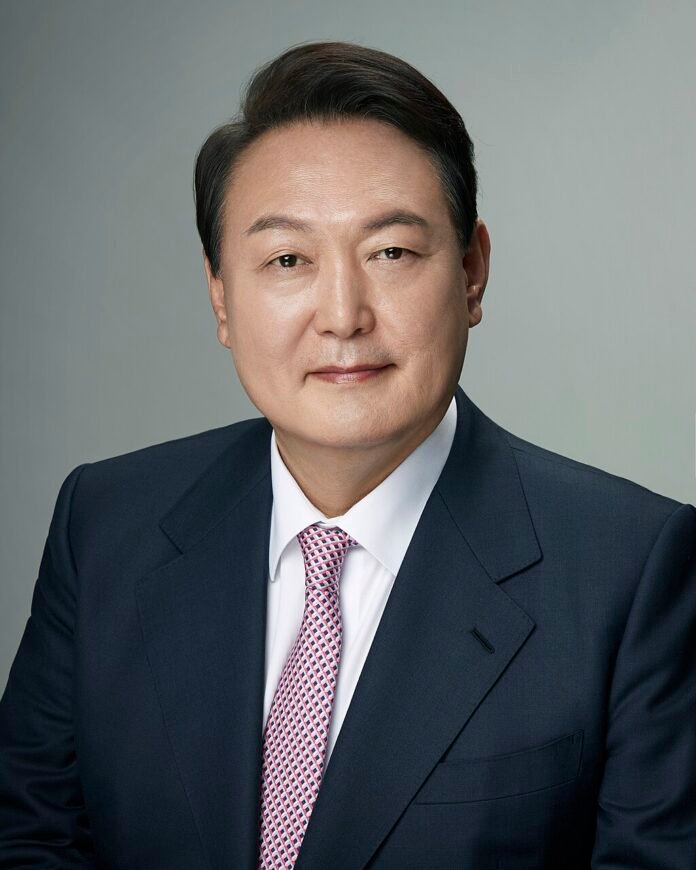The arrest of President Yoon Suk-yeol in South Korea stands as a monumental episode in the nation’s ongoing battle against corruption within its highest echelons of power. The charges brought against the sitting president, encom passing allegations of abusive power and corruption, underscore a dramatic turn of events that speaks volumes about the political climate in South Korea.
This arrest follows a protracted period of scrutiny and investigation, during which allegations of overreach, including the imposition of martial law, were frequently reported. This spotlight on potential governmental misconduct highlights a critical juncture regarding the accountability and transparency of those wielding power in one of Asia’s most advanced democracies.
Historically, South Korea has grappled with issues of corruption within its political system, often linked to the intertwined relations between business conglomerates, or chaebols, and political figures. These alliances have, in the past, overshadowed economic achievements with public outrage. The arrests of past leadership figures, including former President Park Geun-hye, highlight a systemic issue that the country continues to navigate.
Embed from Getty ImagesYoon’s arrest could lead to significant repercussions not only domestically but also in terms of international relations. Allies and economic partners are closely observing how these developments might influence South Korea’s domestic pol icy directions and its regional role, particularly in light of the North Korean threat and U.S. relations.
The arrest marks both a perilous and pivotal moment for South Korea’s democracy. On one hand, it manifests the strength of democratic institutions capable of holding the powerful accountable. However, it also serves as a sobering reminder of the persistent challenges in eradicating corruption. As investigations continue, the country braves the path towards political redemption, striving to reinforce ethical governance within its intricate political framework.
Perspectives
• Perspective 1: Observers from the international community, including sources like The New York Times and The Diplomat, view Yoon’s arrest as indicative of South Korea’s commitment to democratic ideals and judicial independence.
Sources:
THE NEW YORK TIMES
THE DIPLOMAT
• Perspective 2: In contrast, local South Korean media such as The Ko rea Herald and Yonhap News perceive the arrest as a reflection of deep political fissures and a polarized society.
Sources:
THE KOREA HERALD
• Perspective 3: Economic analysts are concerned about the potential ramifications of the arrest on South Korea’s economy, as detailed in Forbes and The Wall Street Journal.
Sources:
FORBES
WSJ
